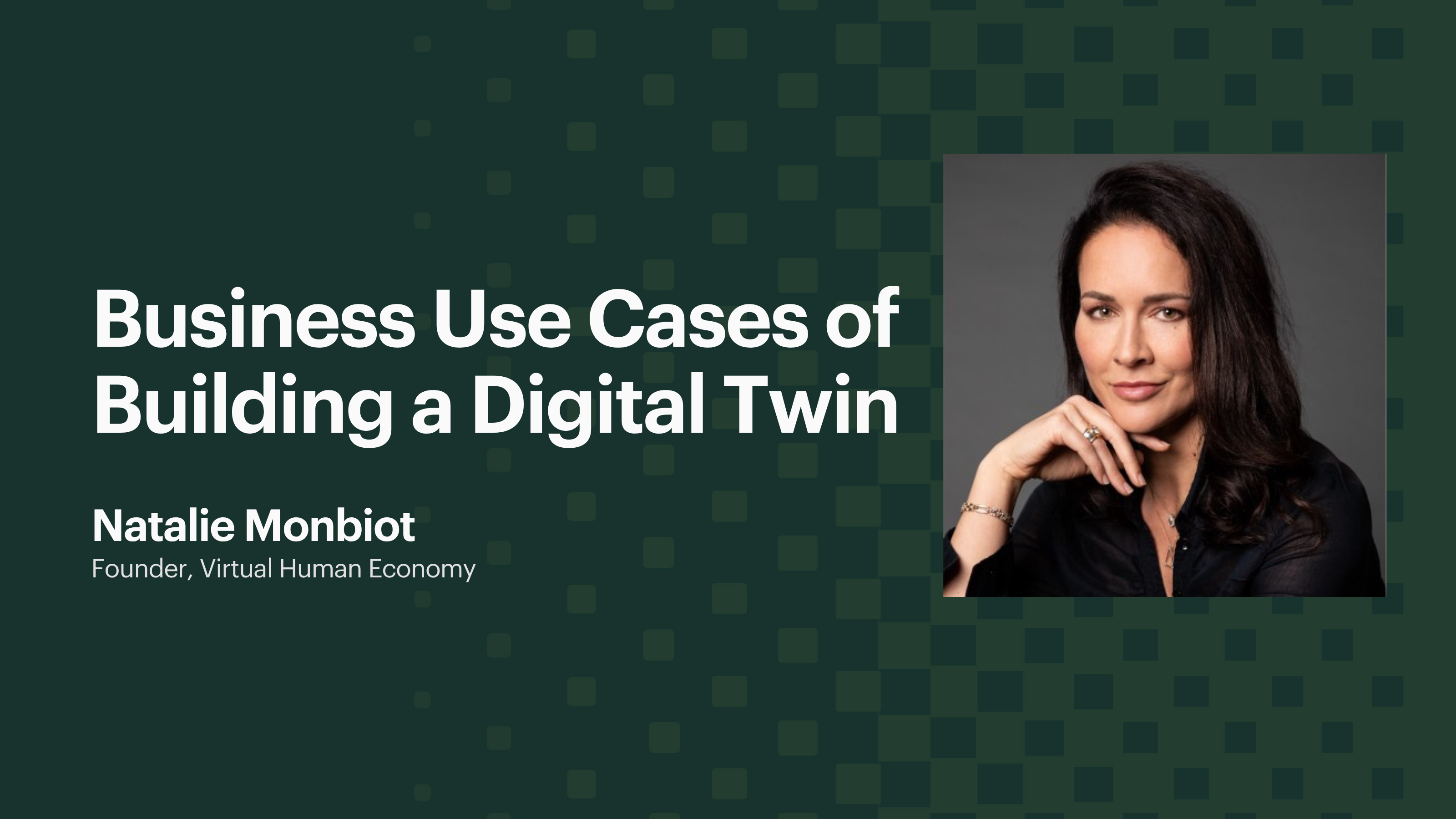The way we work is constantly evolving. These were some of the trends discussed during a recent panel at SWITCH on the Future of Work and how tech platforms are changing it.
On the panel were Samir Khadepaun, Founder of Wizly; Puay Lim Yeo, Commercial Director, Glints; Nilay Khandelwal, Managing Director, Michael Page; and Albert Liew, Managing Director (Singapore & IndoChina) of BIPO. They shed light on the shifting dynamics of the workforce and highlighted some of the key trends playing a large part in transforming the way we work
- Fractional Hiring: More Than Just Part-Time
Fractional hiring is a growing trend, not just in the US and Europe, but also in Australia and Asia. The way fractional roles work is significantly different from part-time positions or consultants. It's all about getting experienced professionals, often with more than 15 years of experience who are then embedded into the company for an agreed period per week for a longer length of time and they work closely with the leadership of the organization.

- Global Talent Pool: The Double-Edged Sword
Access to a truly global talent pool has never been more real thanks to technologies and platforms that enable connection and collaboration. Companies no longer need to limit their search to local candidates and can leverage technology to search, identify, and get to talent anywhere. This global approach allows companies to tap into a vast resource of talent, but it also poses challenges and complexities in managing a diverse workforce and legalities, agreements, fair salaries, and approaches to remote and hybrid work.
Professionals are also looking to work with different companies and do innovative diverse work. People no longer want to work with one company, in one location for a prolonged time.
- AI: Transforming Hiring and Training
The use of AI and predictive insights is set to transform how companies operate, making them more efficient and responsive. The workplace will increasingly rely on collaborative tools that integrate with AI to refine sourcing, verification, and onboarding. AI tools will also guide employees on their daily tasks, and learning requirements, and even assist management in identifying the right talent to hire.
“AI can predict training requirements based on an individual's performance, interactions, and learning. This predictive approach streamlines the learning and development process, enabling companies to move faster and adapt to changing needs,” says Samir.
- A Shift Towards Higher-Order Skills
Puay Lim Yeo predicts a trend toward a reorganization of lower-end jobs. This shift is expected to push jobs and workplaces toward higher-order skills, emphasizing the importance of ethical values and diversity in the workplace. AI, while powerful, struggles with ethical and value-based decisions, making human input indispensable.

- Reduced Working Hours and More Equity
Nilay Khandelwal says that the number of working hours is likely to decrease in the next decade due to remote work, the use of technology, and AI assistants. There will also be a fairer distribution of people in the workforce in terms of not just the kind of work they do but how they move up in the hierarchy to create a much more homogeneous workforce rather than the lopsided one we have today.
“There's a growing focus on achieving equitable workforces, particularly in terms of gender equality. The future promises a more balanced and homogeneous workforce where everyone has equal opportunities and fair treatment.” Nilay Khandelwal
- Geopolitics Impact on Work
Albert Liew of BIPO touches on the geopolitical aspect of work, highlighting how the world's economic balance is shifting. The rise of countries like China, Indonesia, and India is reshaping how businesses operate on a global scale. The power dynamic in the business world is changing in a non-bipolar world, and this will undoubtedly impact how we work.
In conclusion, the world of work is undergoing a profound transformation. Businesses need to adapt and evolve in this new landscape to thrive and remain competitive. As we navigate these trends and shifts, the workforce of the future is sure to be dynamic, diverse, and highly innovative.



